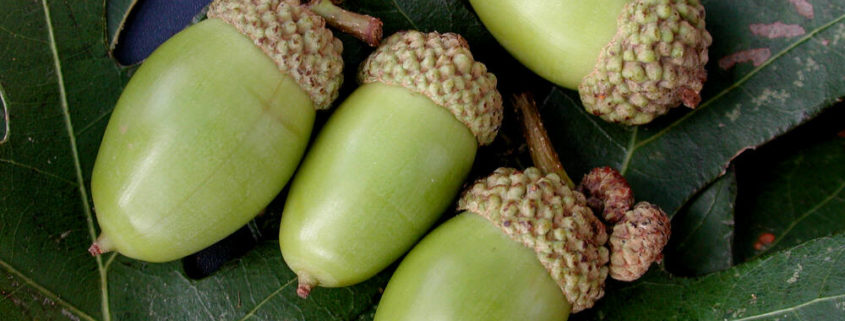Virginia Trees for Clean Water – Grant Applications Open for 2020 Plantings, due Jan. 8th
Through funds from the USFS Chesapeake Watershed Forestry Program and Virginia Water Quality Improvement Funds, Virginia Department of Forestry (VDOF) has developed the Virginia Trees for Clean Water program. The program is designed to improve water quality across the Commonwealth through on-the-ground efforts to plant woody trees and shrubs where they are needed most.
Grants are awarded through this program to encourage local government and citizen involvement in creating and supporting long-term and sustained canopy cover.
Proposal Category examples (not limited to):
• Riparian tree planting
• Community tree planting
• Street Tree planting
• Neighborhood or NeighborWoods Tree plantings
• Turf to Trees projects
(see proposal document for more details)
Who is Eligible?
Grants may be awarded to local units of government, approved non-profit organizations, community civic organizations, educational institutions and private citizens.
When?
Application Package will be due on Wednesday, January 8th 2020 for applicants hoping to receive funding for spring and fall 2020 plantings. All applicants will be notified of grant status by February 1st 2020.
For more detailed information, download the here Virginia Trees for Clean Water – Request for Proposal document.



